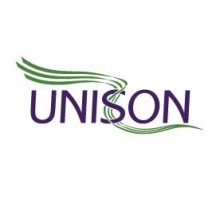Bisexuality: a trade union issue

Biphobia is prejudice and discrimination against bisexual people. Research published in 2014 confirmed that bisexual workers experience even higher levels of discrimination than gay workers. Bisexual people are much more likely to feel they have to hide their sexual orientation at work than lesbians and gay men (very few heterosexual people hide their sexual orientation). Amongst bisexual workers, women faced greater prejudice than men. The research is The ups and downs of LGBs’ workplace experiences, published by Manchester Business School.
These findings back up The Bisexuality Report 2012 by the Open University which showed that of all the larger sexual orientation groups, bisexual people have the worst mental health, including higher rates of depression, anxiety, self-harm and suicide. This is a directly linked to the high levels of biphobic prejudice and discrimination.
Biphobia feeds off myths and stereotypes which range from bisexual people being untrustworthy, greedy and promiscuous to bisexuality being ‘just a phase’ or not really existing at all. Bisexual people have to repeatedly ‘come out’ to avoid people making wrong assumptions about their sexual orientation.
Download a PDF of the Factsheet.
Also see UNISON's Factsheets on Transgender workers and Lesbian, gay & bisexual workers' rights

